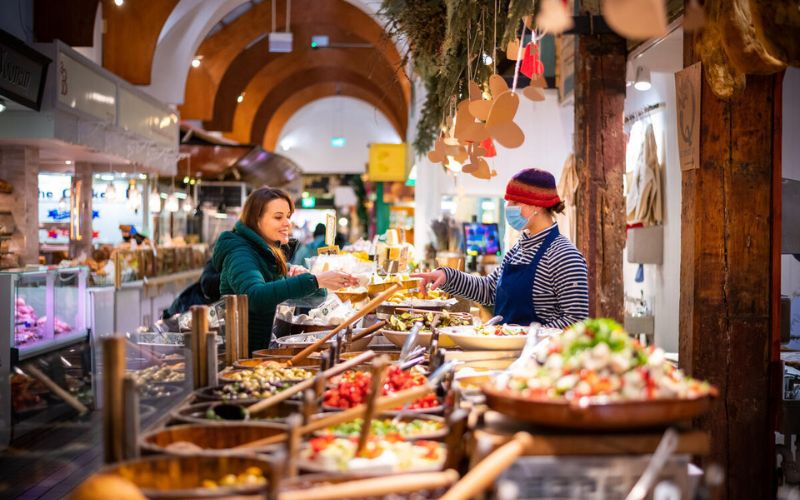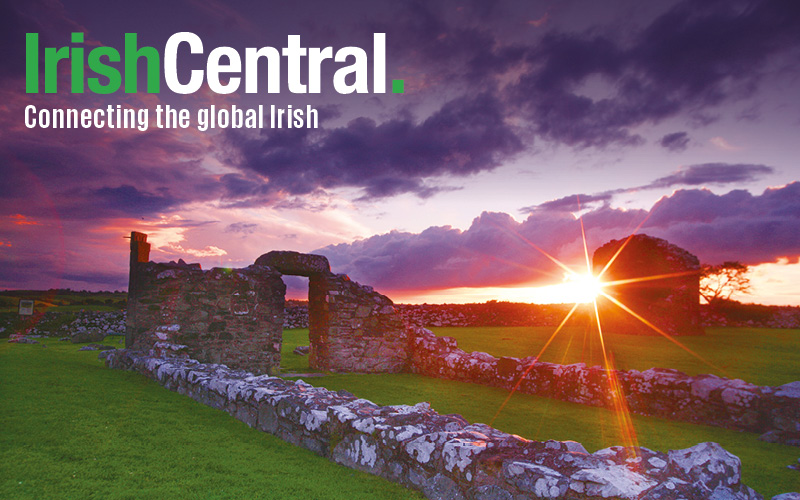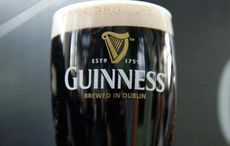In Hebrew, the word "Hanukkah" means "dedication." Hanukkah, the "Festival of Lights," starts on the 25th day of the Jewish calendar month of Kislev and lasts for eight days and nights. This year Hanukkah begins at sundown on December 21. With blessings, games, and festive foods, Hanukkah celebrates the triumphs - -both religious and military - of ancient Jewish heroes. Hanukkah is a relatively minor holiday in the Jewish year. In the United States, however, its closeness to Christmas has brought greater attention to Hanukkah and its gift-giving tradition. Amid the ever-growing flood of Christmas advertising, it may seem especially fitting that the Hanukkah story tells of Jewish culture surviving in a non-Jewish world. Hanukkah in a Nutshell Hanukkah - the eight-day festival of light that begins on the eve of Kislev 25 - celebrates the triumph of light over darkness, of purity over adulteration, of spirituality over materiality. More than 21 centuries ago, the Holy Land was ruled by the Seleucids (Syrian-Greeks), who sought to forcefully Hellenize the people of Israel. Against all odds, a small band of faithful Jews defeated one of the mightiest armies on earth, drove the Greeks from the land, reclaimed the Holy Temple in Jerusalem and rededicated it to the service of God. When they sought to light the Temple's menorah, they found only a single cruse of olive oil that had escaped contamination by the Greeks; miraculously, the one-day supply burned for eight days, until new oil could be prepared under conditions of ritual purity. To commemorate and publicize these miracles, the sages instituted the festival of Hanukkah. At the heart of the festival is the nightly menorah lighting: a single flame on the first night, two on the second evening, and so on till the eighth night of Hanukkah, when all eight lights are kindled. On Hanukkah we also recite Hallel and the Al HaNissim prayer to offer praise and thanksgiving to God for "delivering the strong into the hands of the weak, the many into the hands of the few... the wicked into the hands of the righteous." Hanukkah customs include eating foods fried in oil - latkes (potato pancakes) and sufganiot (doughnuts); playing with the dreidel (a spinning top on which are inscribed the Hebrew letters nun, gimmel, hei and shin, an acronym for Nes Gadol Hayah Sham, "a great miracle happened there"); and the giving of Hanukkah gelt, gifts of money, to children. POTATO LATKES Yields: 6 servings "Shredded potatoes and grated onions are bound with flour, salt and eggs, then fried in oil to make delicious potato pancakes that are crispy on the outside and tender on the inside." INGREDIENTS 2 cups peeled and shredded potatoes 1 tablespoon grated onion 3 eggs, beaten 2 tablespoons all-purpose flour 1 teaspoons salt cup peanut oil METHOD 1.Place the potatoes in a cheesecloth and wring, extracting as much moisture as possible. 2. In a medium bowl stir the potatoes, onion, eggs, flour and salt together. 3. In a large heavy-bottomed skillet over medium-high heat, heat the oil until hot. Place large spoonfuls of the potato mixture into the hot oil, pressing down on them to form 1/4 to 1/2 inch thick patties. Brown on one side, turn and brown on the other. Let drain on paper towels. Serve hot!




Comments